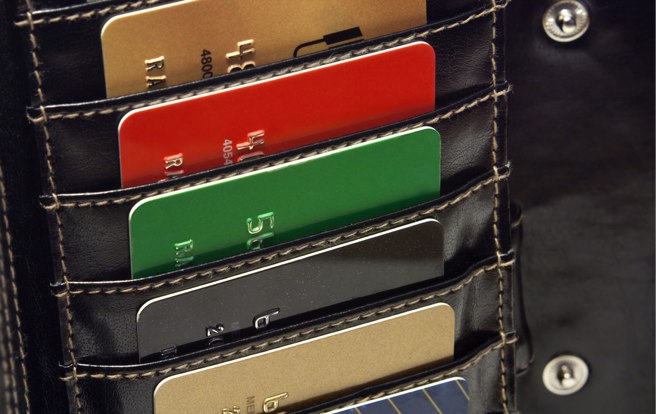
Puneet Mehta is the co-Founder and CEO of MyCityWay.
Convenience has made mobile wallet technology an increasingly popular payment tool for those looking to save a trip to their back pocket and simply wave their phone instead. However, transacting only scratches the surface of how mobile wallet technology will ultimately revolutionize customer experience at point of sale. Like a physical wallet, mobile wallets have also become identity carriers. While you won’t find pictures of girlfriends, or ex-girlfriends, you will find various purchasing patterns and consumer behaviors, even social media influencer status, which will help create unique engagement experiences for brands and customers.
The potential lies in the ability to leverage data, which will allow mobile wallets to become virtual identity carriers, and, ultimately a customer’s mobile DNA, which will deliver greater insights to brands. Hypothetically, a sales clerk could identify a social media influencer and react in real time by providing an offer to incentivize the customer to give the brand a valuable share, like or tweet. Or, a customer may receive a promotion for another type of product via a nearby screen at the payment counter based on their purchase history. Ultimately, tapping into mobile wallets as identity carriers is the first step to creating a more personalized relationship with each customer, serendipitously bringing relevant conversations, content and offers (not advertising, but offers).
The uniqueness of the mobile wallet is that it marries spend data with the robust data collected on mobile’s touchscreen tap stream – which spans a user’s implicit intent (taps, streams, etc), situational data (derived from sensors like location converted to weather) and social media activity — to produce a robust living real-time profile of customers. This high quality data gives brands a true glimpse of who a customer is how they live their lives and their current situation.
The mobile wallet can tell retailers four things that will shape the customer’s future brick and mortar experience:
- Whom to target and retain: Retailers would be able to source and court customers who have the potential to become profitable in the future. If data indicates a customer is loyal to a brand, they would receive more personalized attention throughout the shopping experience.
- How much to spend on incentives: Similarly, retailers could understand what the ROI is for incentives, deals and offers for specific customers. For instance, a customer who has not shown any brand loyalty but does have high spend in the beauty category would be offered better incentives in that product category as her potential lifetime value is much higher.
- When to intervene: A brand would know the precise timing of when an offer would drive the highest engagement and when to intervene to cross-sell or upsell. If a customer were purchasing something out of the norm, and at a much higher cost than usual purchases, a retailer would not attempt to upsell. On the other hand, a customer whose wallet size is much larger and historical buying behavior shows a tendency not to be off put by an upsell attempt would be approached much differently.
- What to offer: The mobile wallet would help brands retain customers by providing customers with personalized and highly relevant offers, based on their past interactions and propensities. The mobile wallet also is an ideal method to “close the loop,” creating a live communication feed while the customer is in-store, instead of a retailer needing to follow up with email offers or coupons sent via USPS.
Customer analytics have a wide range of applications across the customer life cycle, with each method producing insights to optimize individual sales encounters. But this doesn’t work when these processes are considered in isolation; the point of sale is already playing its part by providing true sale data but it is not currently being leveraged to build a relationship.
The ‘propensity to buy’ and ‘size of wallet’ equations have been a big deal within the customer predictive analytics space for many years. Putting these to real use within the retail context, at the point of sale, is a huge opportunity that is only now becoming a reality with the next generation of opt-in mobile wallets.
 Before starting MyCityWay, Puneet held a number of technology executive positions with JP Morgan, Merrill Lynch and Citi Capital Markets. Today at MyCityWay, Puneet continues to focus the company’s efforts in being a one-stop shop for locals and tourists to explore their cities, using the best mobile, social and location-based technologies.
Before starting MyCityWay, Puneet held a number of technology executive positions with JP Morgan, Merrill Lynch and Citi Capital Markets. Today at MyCityWay, Puneet continues to focus the company’s efforts in being a one-stop shop for locals and tourists to explore their cities, using the best mobile, social and location-based technologies.
Wallet photo via Shutterstock
VentureBeat's mission is to be a digital town square for technical decision-makers to gain knowledge about transformative enterprise technology and transact. Learn More
